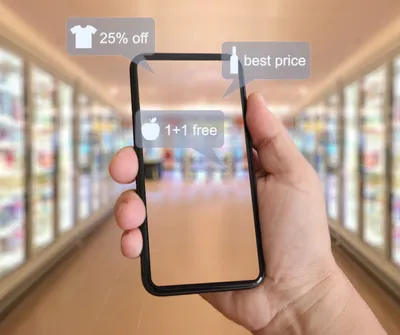Disruptive technology: designing strategy, operation and route to market.
'The opportunities presented by technology are endless and ever-flowing, so depending on the industry, some companies are doing better than others when it comes to keeping up and making full use of it. Being in a traditional industry (e.g., the food industry) makes it harder to overcome the internal hurdles of adapting or looking at new technologies and many are just at the beginning of exploring how to leverage things such as ChatGPT to improve business operations as well as inspiring the workforce to adapt. On the other hand, and despite the progress made with AI, the concept of the brick-and-mortar store is still paramount to strategy to many industries ( e.g., electronics, smartphones) and goes hand in hand with AI implementation when it comes to business development, capital allocation and forward planning.
One thing to consider is we have an aging society, and this is something we can actually see as having potential because AI is not only for low-skilled jobs anymore. I think there's a positive side to it but each of us is accountable for this, not only the CEO. It's everyone who makes decisions on whether to use this technology and for what purpose,' says Blair Bullus, President, Wamame Foods.







